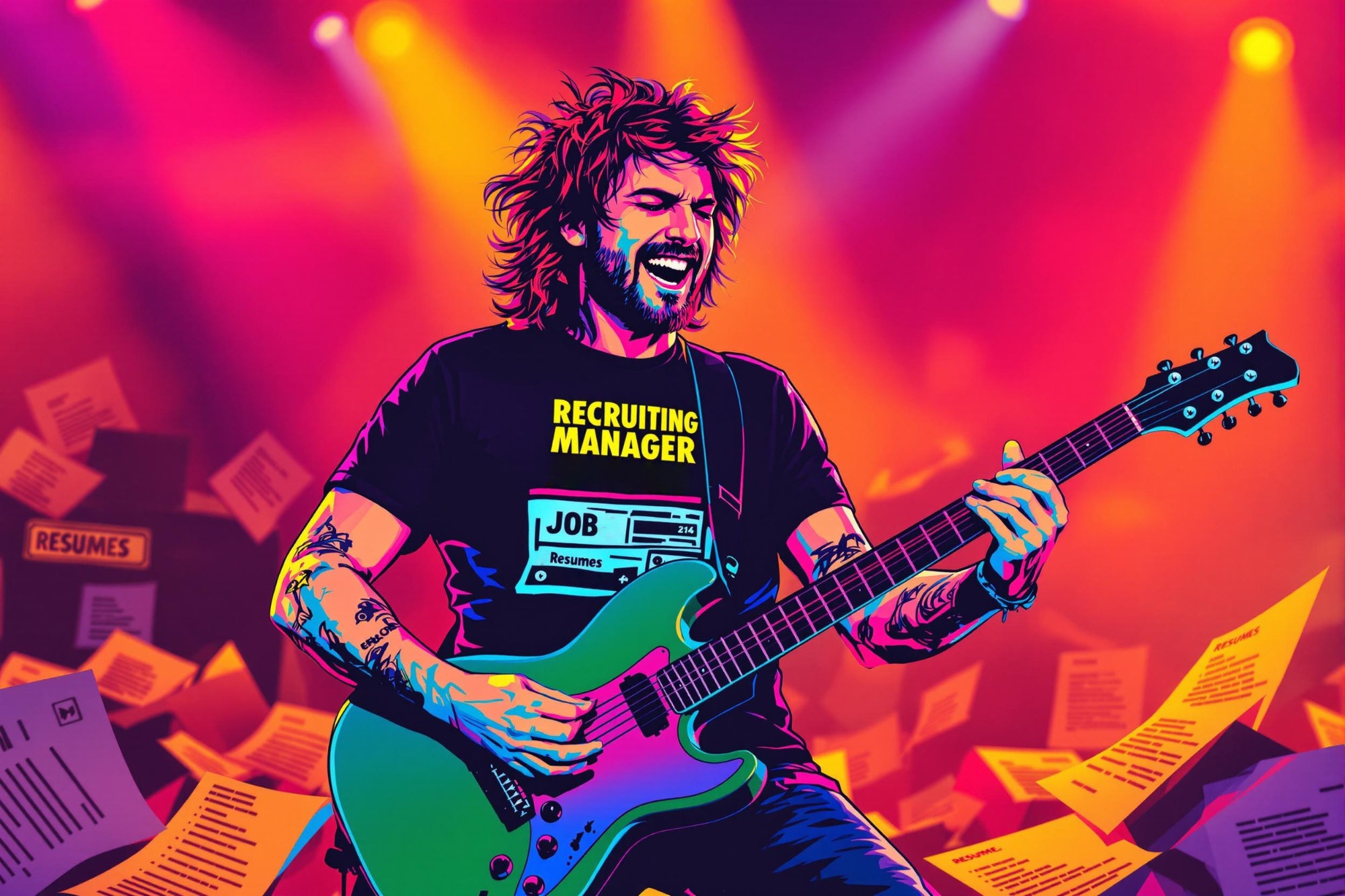
Jib
A Jib is a camera crane used in television and film production that allows smooth, sweeping camera movements. Think of it like a mechanical arm that can move a camera up, down, and in arc movements to create dynamic shots. It's commonly used in live television productions, sports broadcasts, and film making. When you see smooth aerial-like shots that go from ground level to high above a scene, that's often created using a jib. This equipment is essential for creating professional-looking productions, especially in situations where using a drone or helicopter isn't practical, like indoor events or studio productions.
Examples in Resumes
Operated Jib camera for live news broadcasts and special events
Trained junior camera operators on Jib operation and safety procedures
Specialized in Jib and Jimmy Jib operations for sporting events
Typical job title: "Jib Operators"
Also try searching for:
Where to Find Jib Operators
Professional Organizations
Job Boards
Professional Networks
Example Interview Questions
Senior Level Questions
Q: How do you handle complex jib movements in a live broadcast environment?
Expected Answer: A senior operator should explain coordinating with directors, managing timing of movements, anticipating shots, and handling unexpected situations while maintaining smooth camera operation.
Q: What safety procedures do you implement when supervising jib operations?
Expected Answer: Should discuss weight balance, clearance checks, crew communication, equipment inspection routines, and emergency procedures.
Mid Level Questions
Q: How do you maintain and troubleshoot jib equipment?
Expected Answer: Should explain basic maintenance procedures, common technical issues and their solutions, and when to call for professional maintenance.
Q: Describe how you coordinate with other camera operators during a multi-camera shoot.
Expected Answer: Should discuss communication protocols, following director's instructions, and awareness of other cameras' positions and movements.
Junior Level Questions
Q: What are the basic components of a jib and their functions?
Expected Answer: Should be able to identify the main parts like the arm, head, weights, and controls, and explain their basic functions.
Q: What safety considerations do you keep in mind when operating a jib?
Expected Answer: Should mention checking the setup, maintaining clearance, proper weight distribution, and communication with nearby crew members.
Experience Level Indicators
Junior (0-2 years)
- Basic jib operation and safety procedures
- Understanding of camera movements
- Following director's instructions
- Basic equipment maintenance
Mid (2-5 years)
- Complex camera movements
- Live broadcast experience
- Equipment troubleshooting
- Multi-camera coordination
Senior (5+ years)
- Advanced shot composition
- Team leadership
- Safety supervision
- Training and mentoring
Red Flags to Watch For
- No hands-on experience with actual jib equipment
- Lack of safety awareness
- Poor understanding of live production environment
- No experience with different types of productions




